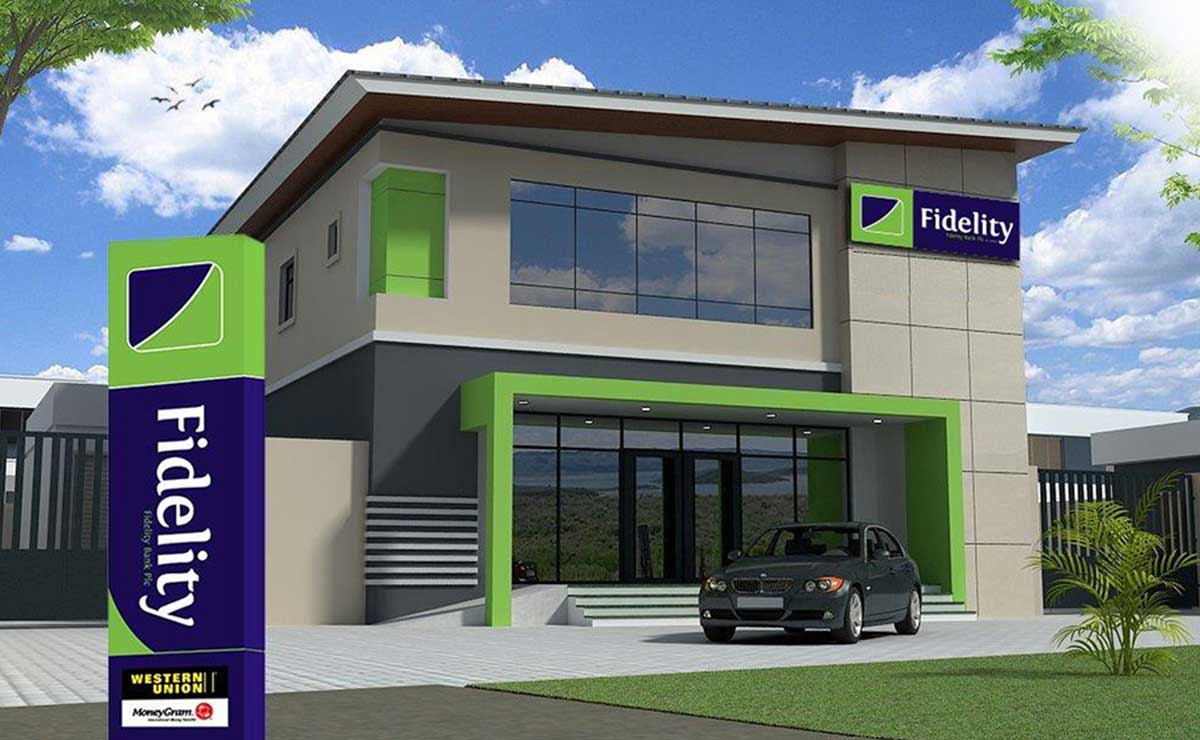- 13 States Set to Adopt New Mortgage Law
To make access to land, housing and mortgage less cumbersome for their indigenes, about 13 states are expected to adopt the Model Mortgage and Foreclosure Law between now and the first quarter of 2019.
The MMFL is an initiative of the Nigerian Mortgage Refinance Company which calls for the creation of a state mortgage board as a single window clearance mechanism to facilitate accessible and affordable mortgages for residents of the state.
The PUNCH gathered on Friday that eight states – Edo (which has established a mortgage board) Akwa Ibom, Cross River, Kogi, Benue, Plateau; Kebbi; and Gombe – will conclude the process by November.
Ogun State, on the other hand, is awaiting the governor’s sign-off to adopt the law while four other states are said to be looking at adopting the law by the first quarter of 2019.
Lagos and Kaduna states have enacted their own mortgage model law, and have worked on their property rights and land digitisation.
In most developed countries, mortgage plays an important role in homeownership. But in Nigeria, the process as well as the interest rate impede the growth of the mortgage industry, which is said to currently contribute only about 0.5 per cent to the country’s Gross Domestic Product. In some countries such as South Africa, mortgage contributes close to 30 per cent to the GDP.
When adopted, the MMFL is expected to create an enabling environment for states to provide affordable housing for their citizens by de-risking the housing and mortgage sector and unlocking its potential for economic growth.
According to the provisions of the law, the ease of doing business index for the states affected will be improved and this will in turn further improve the business case for new investments in housing and catalyse access to finance for citizens of the states.
This, it was gathered would lead to increasing taxable income to the states as well as improvements in the internally generated revenue profile.
The law will also make provision for the establishment of mortgage board and mortgage registry; reduce the time stretch it takes to issue Certificates of Occupancy by delegating top government officials to sign the governor’s consent rather than the governor alone; and make land ownership transfer easy, among other benefits.
The Central Bank of Nigeria’s Head, Project Administration Team of the National Housing Finance Programme, Mr Adedeji Adesemoye, stated that the law would help to correct some of the shortcomings of the Land Use Act, which limit access to land and housing.
“It will create better access to mortgage loan in the states and help manage the current Land Use Act which has some unintended negative aspects that limit access to land and which in turn is a restriction of access to homeownership,” he said.
He said Lagos and Kaduna states that adopted the law earlier had streamlined their operations so that people applying for C of O could predict when it would be issued.
“If you apply for governor’s consent to mortgage your property, you can predict when it will be issued. Some of these states have also delegated the governor’s consent so that any of the commissioners so delegated can sign it, which will make the process faster,” Adesemoye said.
He also said the processes would help the states to key properly into the Federal Government’s reforms and make mortgage transactions to take place in their states regularly, thereby helping to entrench mortgage in the housing sector.
According to findings by our correspondent, since adopting the law, the Kaduna State Government has modified and automated its land registry; fast-tracked the mortgage registration process; and initiated a process where the governor’s consent must be granted within 30 days of application.
It has also helped the state to attract a World Bank investment of over $200m and increased its IGR.
Similarly, the Lagos State Government has automated its land registry.
Adesemoye said the law would serve as a paradigm shift from supply-driven housing development to demand-driven where developers would not be building without having a demand.
“Currently, developers are building but not looking at effective demand; so, we have buildings on the ground that are not in demand; there is a disconnect between demand and supply. And then the banks will be suffering because of the loan taken for the development. But the new structure will enable homeowners to decide what they want according to their income and go for it,” he added.
The Chief Executive Officer of real estate development firm, Alphacrux Limited, Tobi Adama, stated that with the population of the country at almost 190 million, Nigeria should have much more than the estimated registered 50,000 mortgages.
He said, “This shows we have not scratched the surface at all. If the states are adopting a new mortgage law, it should be encouraged because we need more people to take mortgages. People still save for 10 to 20 years before buying a home, but it should not be so.
“Once you have a steady income, you should be able to take mortgage and pay it over the next 30 to 40 years, depending on your age. That is what is done in every advanced country. Within Africa, mortgage still contributes a lot to the GDP; but it is not so in Nigeria.”
A former Chairman, Estate Surveyors and Valuers Registration Board of Nigeria, Williams Odudu, said it was heart-warming that state governments had started thinking of ways to make homeownership easy for their indigenes.
He however stated that civil servants should be given a reorientation.
According to him, they create unnecessary bottlenecks that hinder the implementation of certain laws by government.
“Some challenges are put in place by civil servants who exploit the situation. They intentionally create problems that will make the system not to work. A Certificate of Occupancy, for instance, should not take more than one month but some civil servants, not necessarily the governor, increase the time. Their mindsets about making money through exploitation should be changed for the new system to be effective,” he said.


 Naira4 weeks ago
Naira4 weeks ago
 Naira4 weeks ago
Naira4 weeks ago


 Naira4 weeks ago
Naira4 weeks ago




 Naira3 weeks ago
Naira3 weeks ago
 Commodities4 weeks ago
Commodities4 weeks ago


 News4 weeks ago
News4 weeks ago


 Banking Sector4 weeks ago
Banking Sector4 weeks ago
 Travel4 weeks ago
Travel4 weeks ago























